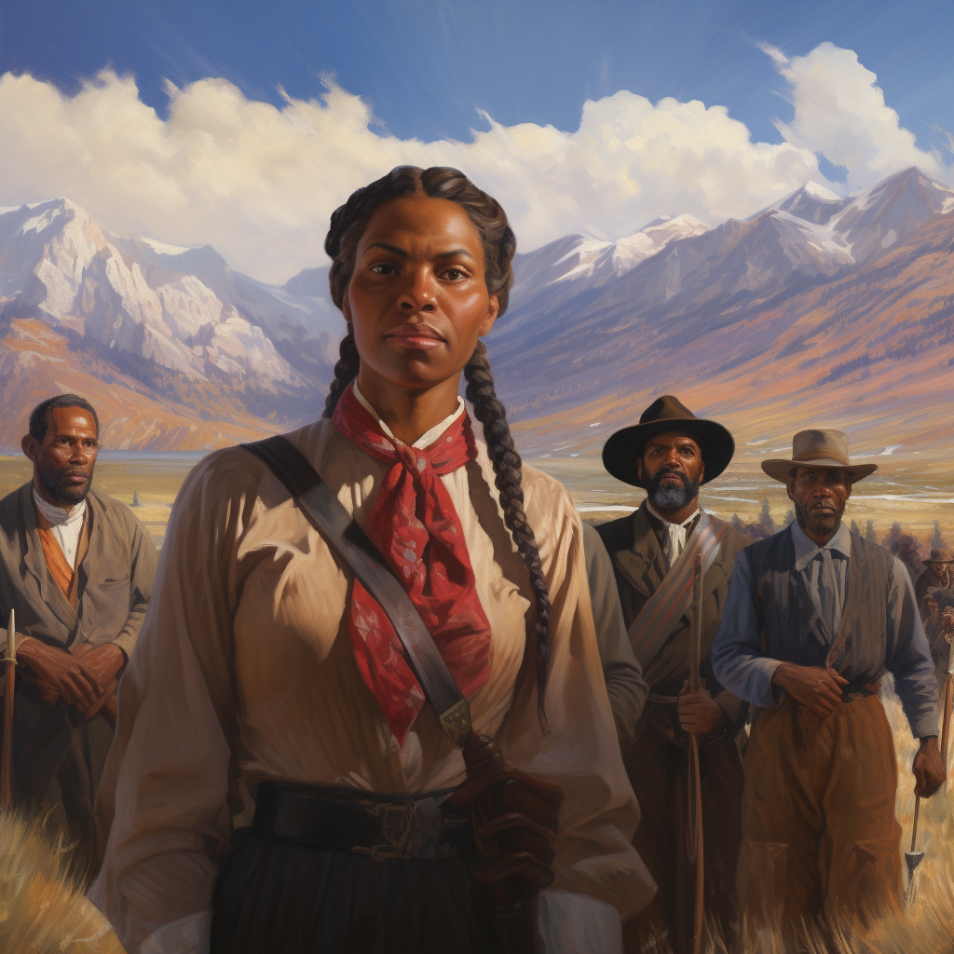-
•
•
One response
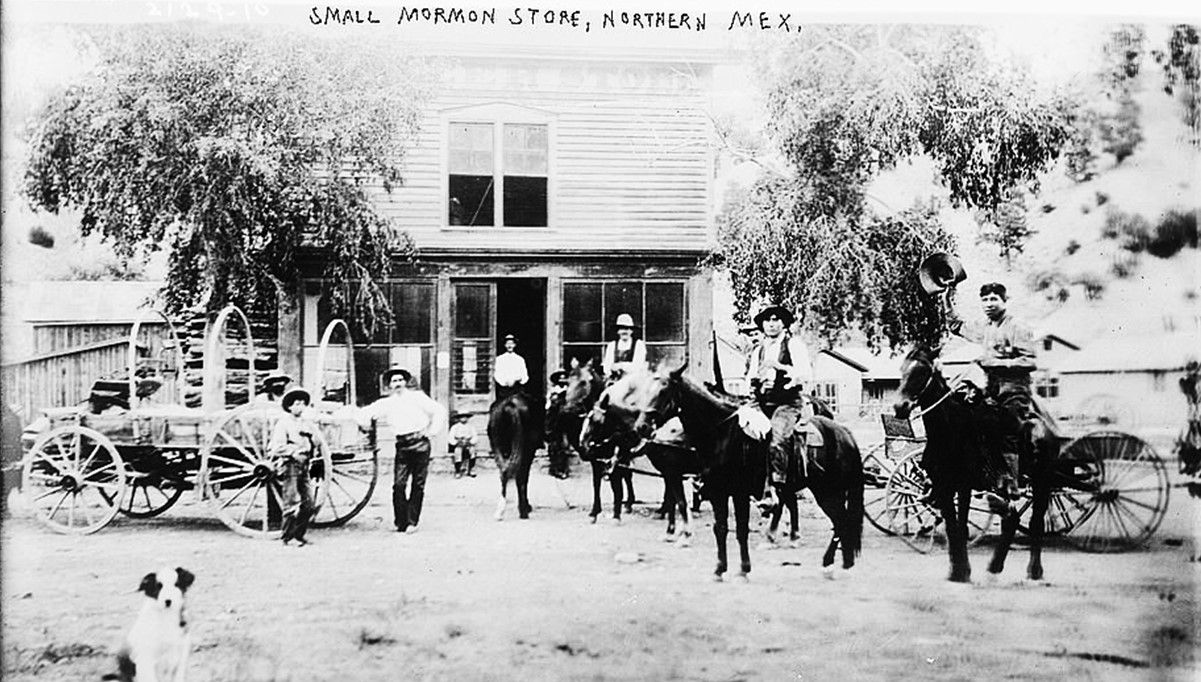
As a haven established to practice polygamy, the colonies in northern Mexico played a role in plural marriage persisting in the Church into the 20th century. Read More
-
•
•
3 responses
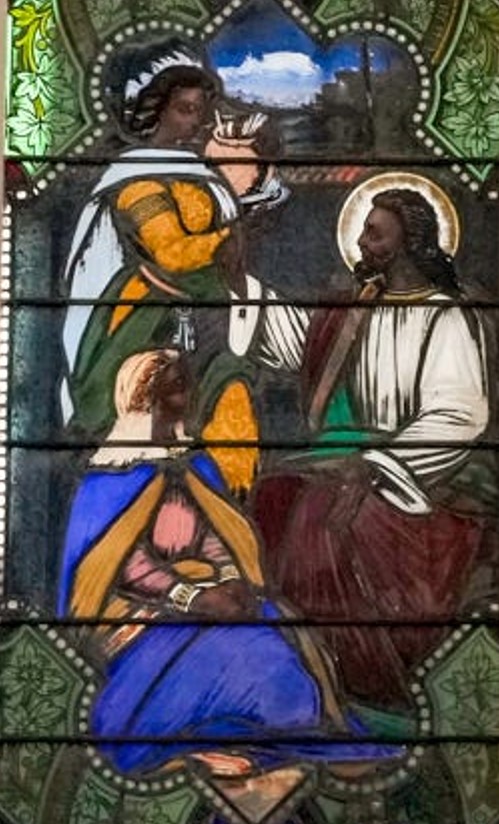
There is an apocryphal story about John Taylor that was shared by Leonard Arrington: Shortly after the death of the Prophet Joseph Smith in June 1844, a prominent eastern visitor to Nauvoo[, Illinois] was being ‘shown around’ by Apostle Taylor. He remarked to Brother Taylor that he sincerely regretted the murder of the head of the Mormon Church. Brother Taylor got a twinkle in his eye at this reference to the ‘head of the Church’ and replied, ‘Yes, and isn’t it wonderful that on the on the third day he arose from the tomb and came back to administer to… Read More
-
•
•
One response
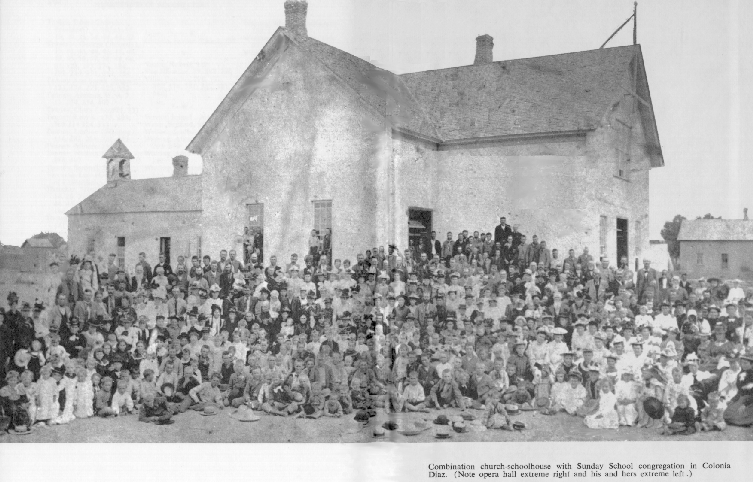
One of the important aspects of the Church’s presence in Mexico was the establishment of colonies in the far north. Intended as refuges against anti-polygamy legislation and persecution, the colonies were a constellation of settlements that proved successful for many years and, in some cases, still continue to exist to this day. Read More
-
•
•
One response
I posted about Book of Abraham translation a couple weeks ago as part of a co-post on an interview with Stephen O. Smoot. This time, we’re looking at a different interview with Michael Hubbard MacKay, who had a different perspective about Joseph Smith’s translation projects. The interview on Book of Mormon translation is over at the Latter-day Saint history blog From the Desk, so what follows here is a co-post to the full interview (a shorter post with excerpts and some discussion). Read More
-
•
•
26 responses

A common accusation against people who leave the Church is that they’re just doing it because they want to sin, and in response the leavers often construct some highly noble narrative exclusively revolving around intellectual honesty and/or personal integrity around social issues. I kind of roll my eyes in the latter case. Not that I don’t think that it’s sometimes or even often true, but rather because it denies the obvious role that the former can have. Given the natural springs pushing many people away from the religious lifestyle, I would be highly surprised if it wasn’t a major factor… Read More
-
•
•
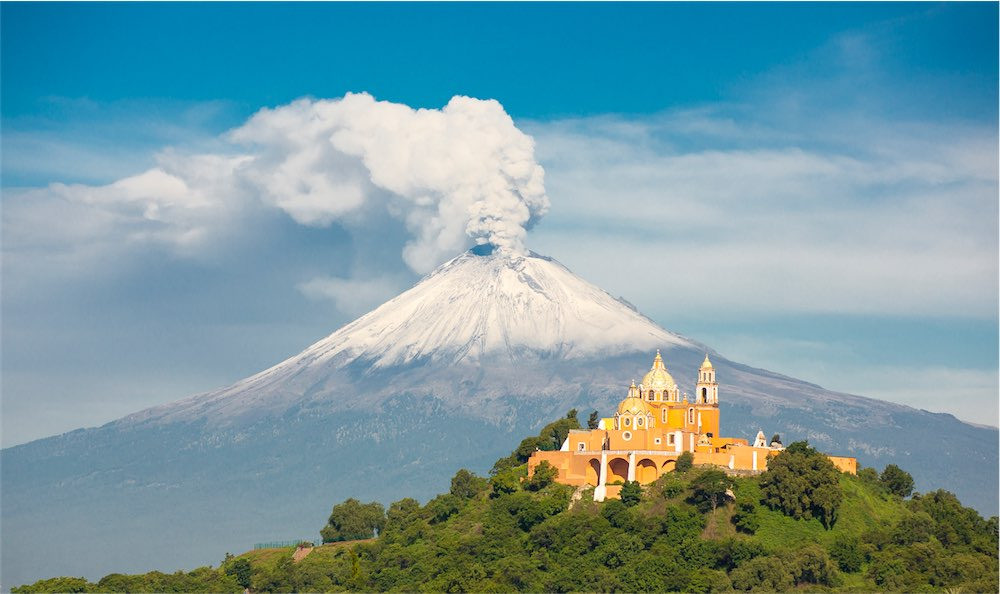
The mission to central Mexico had many successes, but also proved difficult to sustain. Read More
-
•
•
3 responses

All they that take the sword shall perish with the sword Given that this is a Latter-day Saint blog, I feel an obligation to make some sort of commentary on how recent events are connected to Church-related issues, but I really have no idea. Recent events might be a step forward or back for the Church and religious freedom in general, but it’s much bigger than all of that right now. Two things can be true at once: I am glad that Russia’s coup attempt/civil war could stop the fighting in Ukraine. If the Russians are fighting each other they… Read More
-
•
•
14 responses

There must be this chain in the holy Priesthood; it must be welded together from the latest generation that lives on the earth back to Father Adam, to bring back all that can be saved and placed where they can receive salvation and a glory in some kingdom. This Priesthood has to do it; this Priesthood is for this purpose. -Brigham Young According to casual Latter-day Saint folk theology the millennium will be a time of massive temple work. Less casually, a lot of relatively authoritative general authority midrash has suggested that the hypothetical end point for temple work is… Read More
-
•
•
2 responses
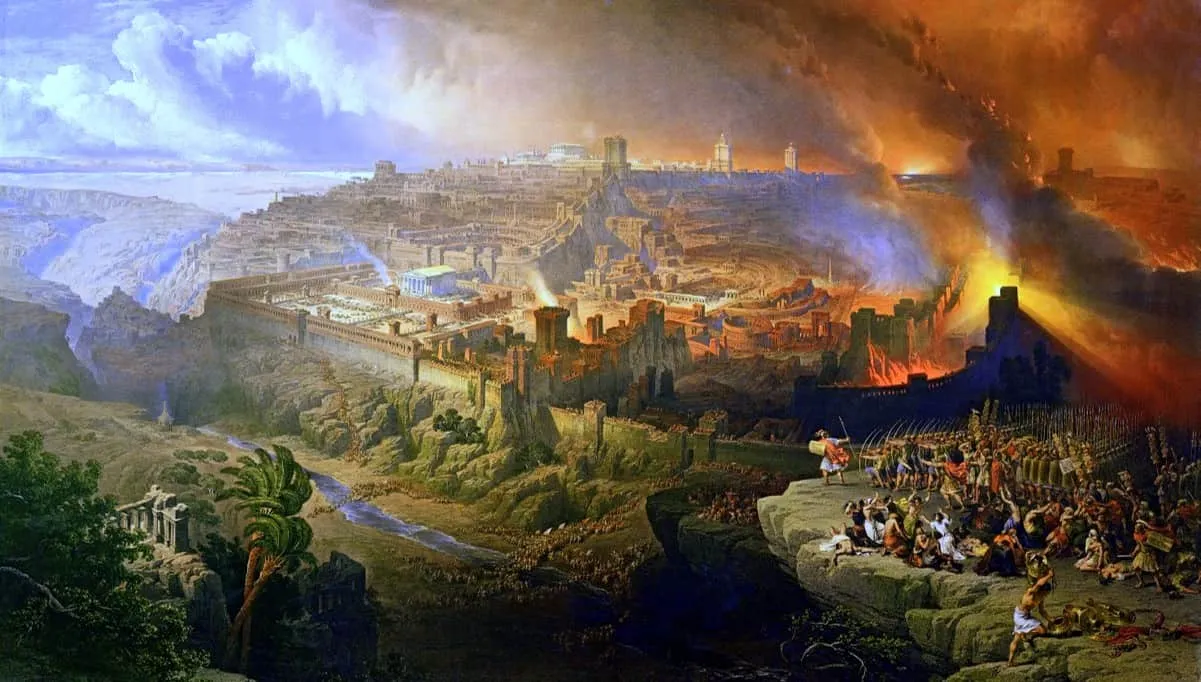
One of the more pivotal events in the development of both Christianity and modern Judaism was the First Jewish Revolt, which started in 66 CE and culminated in the destruction of the Temple in Jerusalem in 70 CE. In a recent interview at the Latter-day Saint history blog From the Desk, Jared W. Ludlow discussed this event in connection with his chapter in New Testament History, Culture, and Society: A Background to the Texts of the New Testament. What follows here is a co-post to the full interview (a shorter post with excerpts and some discussion). To start, Ludlow discussed what the… Read More
-
•
•
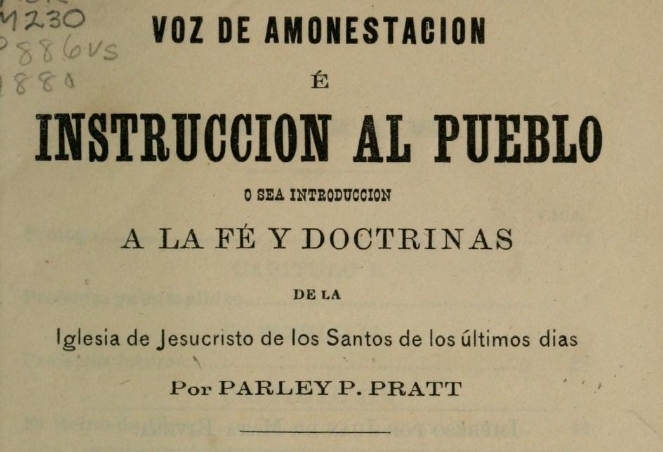
The first two years of missionary work in central Mexico brought some long-standing successes, such as the conversion of Desideria Quintanar de Yáñez and her family, and some frustrating failures, as was the case with Plotino C. Rhodakanaty. Read More
-
•
•
11 responses
When Joseph Smith used the word “translate”, it meant something different than what we usually think of as translating. The Book of Abraham is a very intriguing example of the process that, while it still has a lot of unknowns, does provide some insight into the process. In a recent interview at the Latter-day Saint blog From the Desk, Stephen O. Smoot discussed the Book of Abraham translation. What follows here is a co-post (a shorter post with some excerpts and discussion). Read More
-
•
•
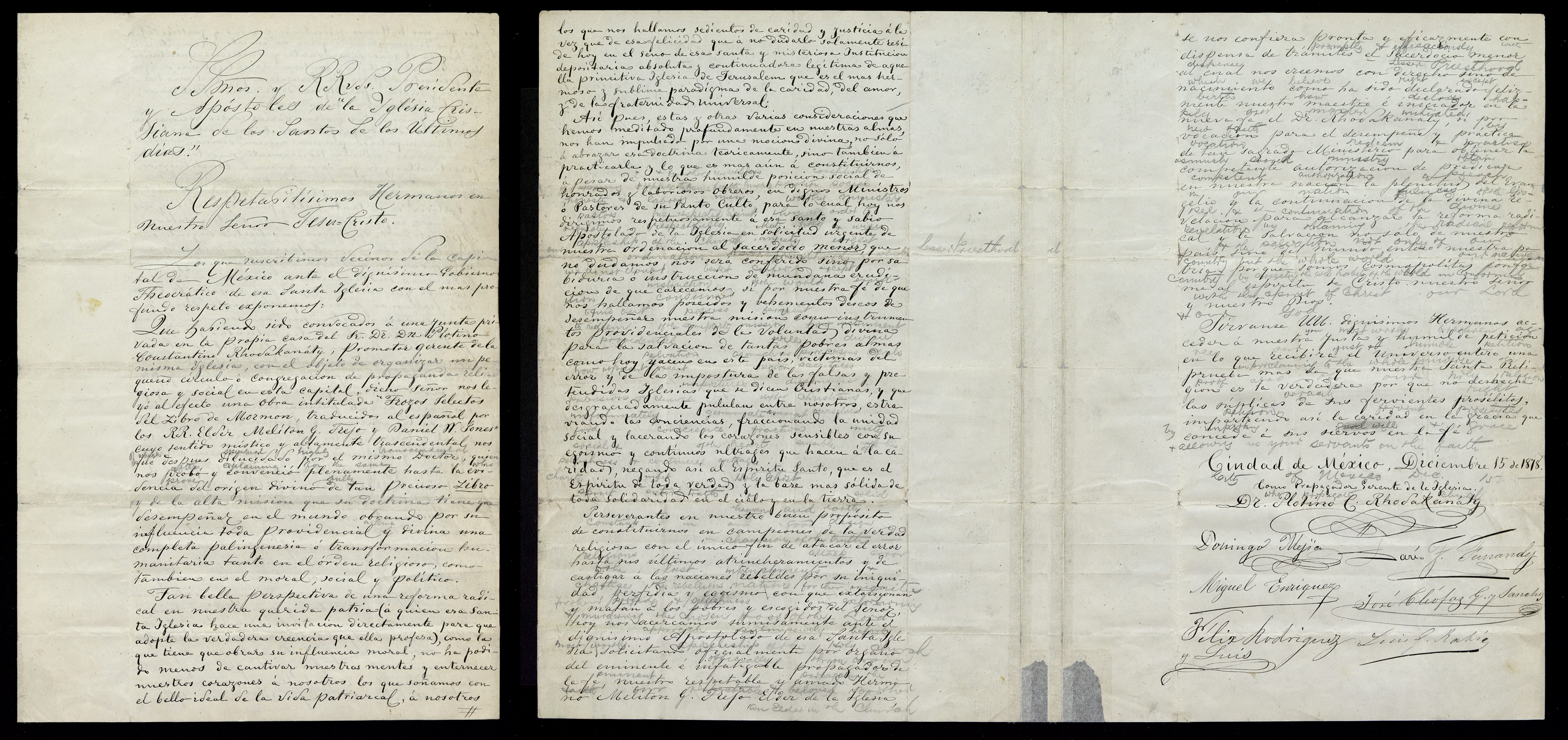
In the Church of Jesus Christ of Latter-day Saints post-WWII, the statement that a socialist and anarchist was largely responsible for initiating missionary work in the country that is home to the second-largest community of Latter-day Saints is unexpected. Yet, that is exactly what happened in Mexico thanks to Plotino Constantino Rhodakanaty and his associates. Read More
-
•
•
10 responses
There are two rhetorical practices used by ex-members and reform-minded cultural Mormons that I’ve noticed being used more recently. Latter-day Saint culture places a high premium on deference to authority. If you want to shut down a discussion with the orthodox who “pay the tithing and do the believing;” who are the primary fuel line for the Church, just communicate that the brethren are fundamentally wrongheaded. Some people do this, of course, but I get the sense they’re generally speaking among themselves. (You can tell when a movement to change the Church is more concerned with martyrdom than actually trying… Read More
-
•
•
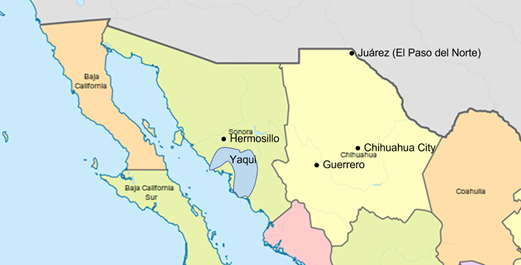
It seems that in times of trouble, the early Latter-day Saints looked towards Mexico for refuge. Read More
-
•
•

In my last post I discussed the potential role of using AIs to generate ideas for Mormon fiction, concluding that the results were mixed but there were some gems in there. In this post I will take it one step further and use AI to generate an actual short story from one of the prompts that was generated in the last post. Because the size of the output is limited at this point this will be an example of “microfiction” which is rather short, but given its brevity the results aren’t bad. (There are experimental large language models that in theory should… Read More
-
•
•
3 responses

Temple rituals form an important part of Latter-day Saints’ covenant relationship with God. A recently-released book by Jennifer C. Lane entitled Let’s Talk About Temples and Ritual delves into the importance of temple rituals. Lane has shared some of the insights she gained that are captured in that book in an interview with the Latter-day Saint history blog From the Desk. What follows here is a co-post to that interview (with some related information from a second interview included as well). Read More
-
•
•

Elder Parley P. Pratt’s mission to Chile highlighted a few things that needed to happen in order to successfully establish missions in Spanish-speaking countries. Read More
-
•
•
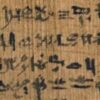
The re-use of characters from JSP IX on Facsimile 2 doesn’t mean that the marginal characters in Abraham manuscripts A-C weren’t used in the translation. I think it actually makes it more likely that they were. Before I unpack what this means, you might want to read the published version of Tim Barker’s 2020 FAIR presentation or Jeff Lindsay’s summary. Read More
-
•
•

Wilford Woodruff was hugely important in the development of temple work as we understand it today. In a recent interview at the Latter-day Saint blog From the Desk, Jennifer Mackley (the executive director and CEO of the Wilford Woodruff Papers Foundation) discussed some of the influence that Presisent Woodruff had on temple work. The interview covers a lot of ground, so this co-post is going to zoom in on one specific aspect–Priesthood Adoption Sealings. Read More
-
•
•
Many people have said there’s a gigantic hole in Western US studies/histories. Outside of the realm of “Mormon Studies” very few scholars or historians want to touch Latter-day Saints (except for polemical reasons – Jon Krakauer and Sally Denton have tackled “Mormons”, but for polemical and intellectually suspect reasons). I’ve noticed this as well. In a book I reviewed for the AML many years ago Class and Race in the Frontier Army, the only real mention of Utah was the Salt Lake Tribune objecting to a Black army officer on fairly racist grounds. “Mormons” as such are barely acknowledged. Similarly,… Read More
-
•
•
5 responses

Library in the Eternities Note: I fully support President Nelson’s shift towards using the formal, Christ-centered name of the Church when discussing members of the Church and the institution. However, for specific references to artistic, culture-specific things I think “Mormon” is appropriate and is keeping in the spirit of the new direction. I hope nobody faults me for not using the name of the Savior when talking about horror cinema or seedy urban legends. Sorry for another AI post, but I feel like aliens landed in the Rose Garden and only half the country is talking about it, so readers will… Read More
-
•
•
This excerpt comes from Under the Long White Cloud: A Missionary Memoir of New Zealand by Miles Farnsworth. It tells the story of a two-year Latter-day Saint mission, starting with President Thomas S. Monson’s historic policy announcement lowering the age of service for young men and women. The book is more a travelogue and coming-of-age story than doctrinal exegesis and explores the highs, lows, and emotional labor of serving a mission, as well as the culture of New Zealand. Note: Guest posts can be submitted by e-mailing us at [email protected]. Read More
-
•
•
One response
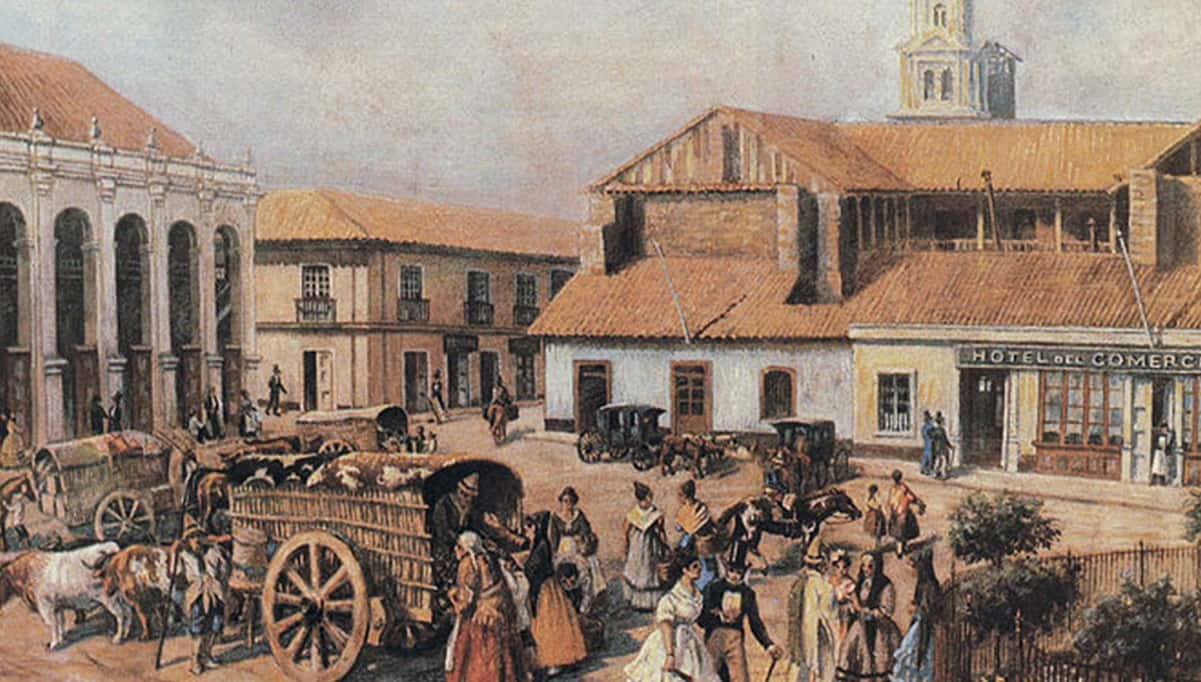
The first attempt to proselyte to Spanish-speaking peoples was not directed at Mexico, but was aimed at Chile instead. Read More
-
•
•
3 responses

A homage to a past Mormon sexual urban legend I wrote earlier about the mythological practice of “soaking” in a post about faith demoting, sexual urban legends about Mormonism. Basically, “soaking” is a supposed practice where people have premarital sexual intercourse without thrusting, thus supposedly circumventing Latter-day Saint chastity regulations. While on the Joe Rogan podcast (one of the most if not the most popular podcast in the world) recently, comedian Ari Shafir made reference to the Mormon practice of soaking. Intrigued that this myth hadn’t died down yet, I did a quick search and saw that there was a… Read More
-
•
•
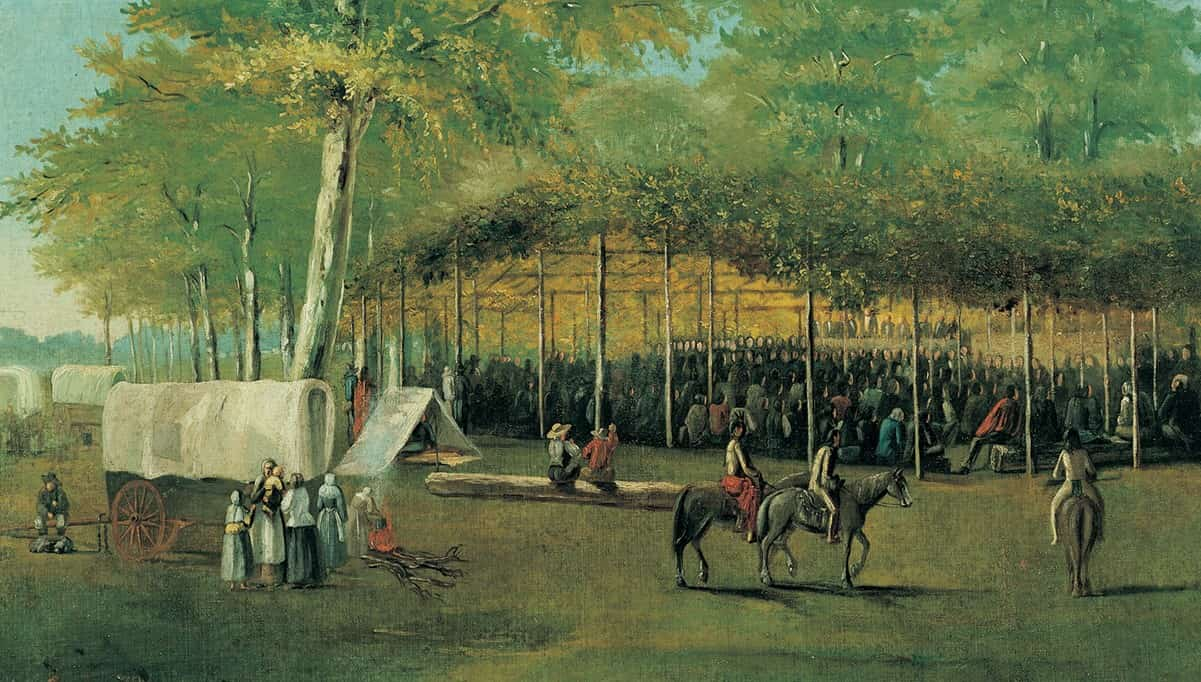
It’s time to return to the Mexican Mission Hymns project, with a slight change. Instead of running hymn translations and the brief history discussions together, they will be separate posts moving forward. To do this properly, the previous history segments are going to be rerun as their own posts, starting with this one. Read More
-
•
•
4 responses
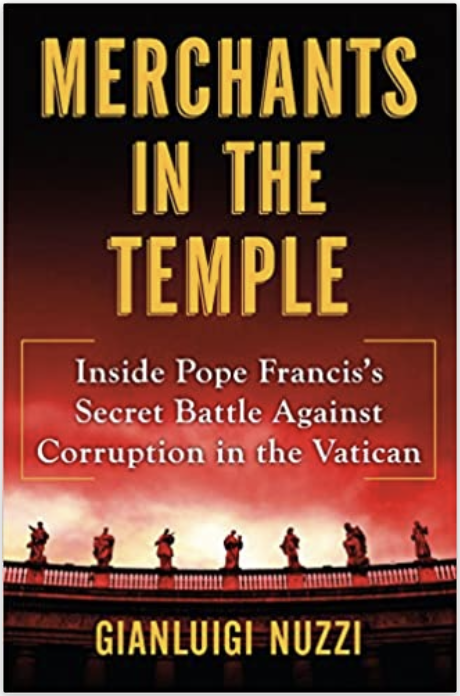
The story of the Vatican Bank and Vatican finances in general is a bit of a wild ride, the kind of thing can get you lost down Wikipedia rabbit holes for hours. I suspect the fact that the Vatican is its own state, combined with the fact that it’s managed by a coterie of clergy that don’t have much in the way of financial training, makes the Vatican Bank a place ripe for waste, mismanagement, and sometimes outright corruption. Sometimes people (including me) gripe about how the Church of Jesus Christ of Latter-day Saint’s leadership is disproportionately drawn from the… Read More
-
•
•
The Bible is “the bedrock of all Christianity” and women play some very key roles in the stories that it shares. Camille Fronk Olson has worked to highlight these female Bible characters as a member of The Church of Jesus Christ of Latter-day Saints. In a recent interview at the Latter-day Saint history blog From the Desk, Olson discussed some of what she has learned about the women of the New Testament through her studies and work in writing Women of the New Testament. What follows here is a co-post to the full interview (a shorter post with excerpts and… Read More
-
•
•
3 responses
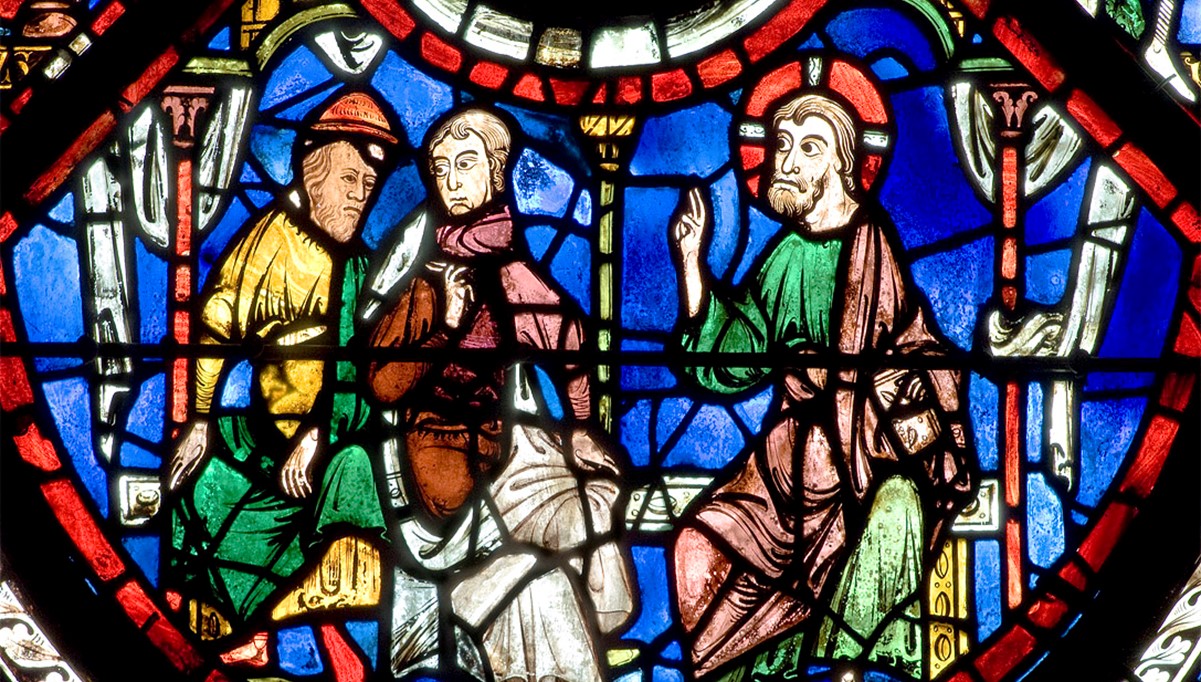
At one point in his ministry, “an expert in the law stood up to test Jesus.” He wanted to see what Jesus would answer, asking him: “Teacher … what must I do to inherit eternal life?” To this, Jesus responded with a question of his own: “What is written in the law? What do you read there?” As an expert in the Law of Moses, the lawyer quoted from Deuteronomy 6:5 and Leviticus 19:18, saying: “You shall love the Lord your God with all your heart and with all your soul and with all your strength and with all your… Read More

